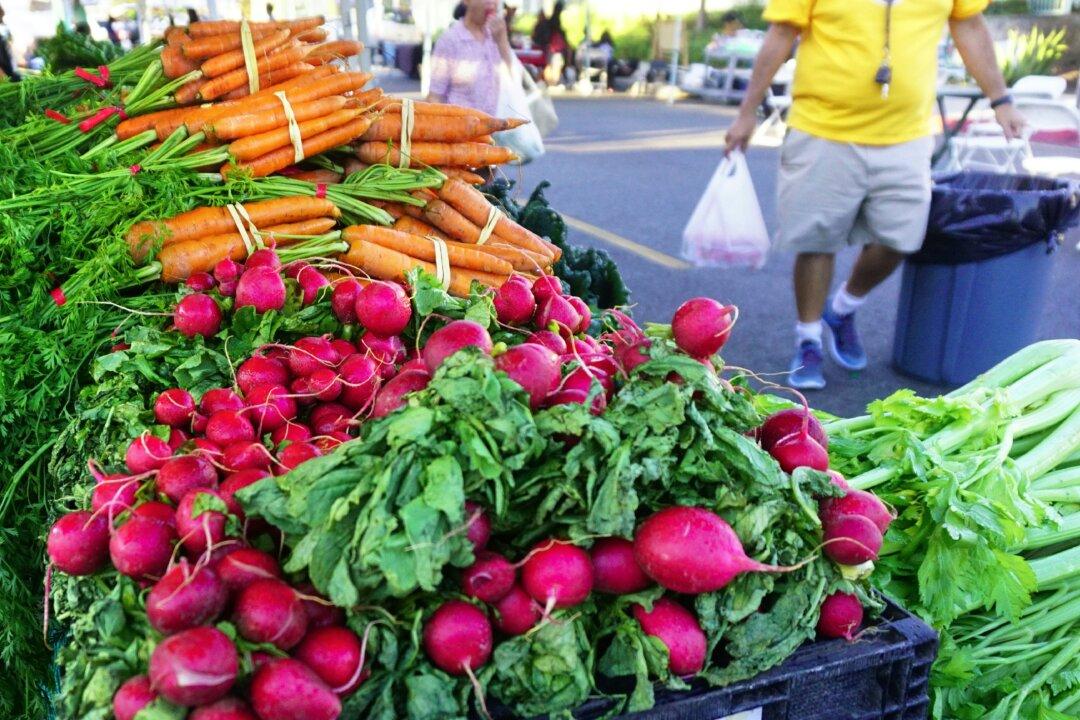Californians receiving food assistance through the CalFresh plan will again get cash back when buying fruits and vegetables, up to $60 a month, after a pilot program was revived this week.
Assemblyman Alex Lee announced July 23 that he has secured $10 million from the 2024–25 state budget to restart the program, which had ended in April.





